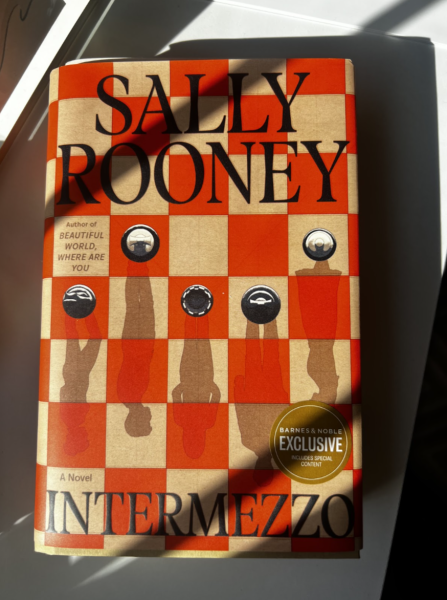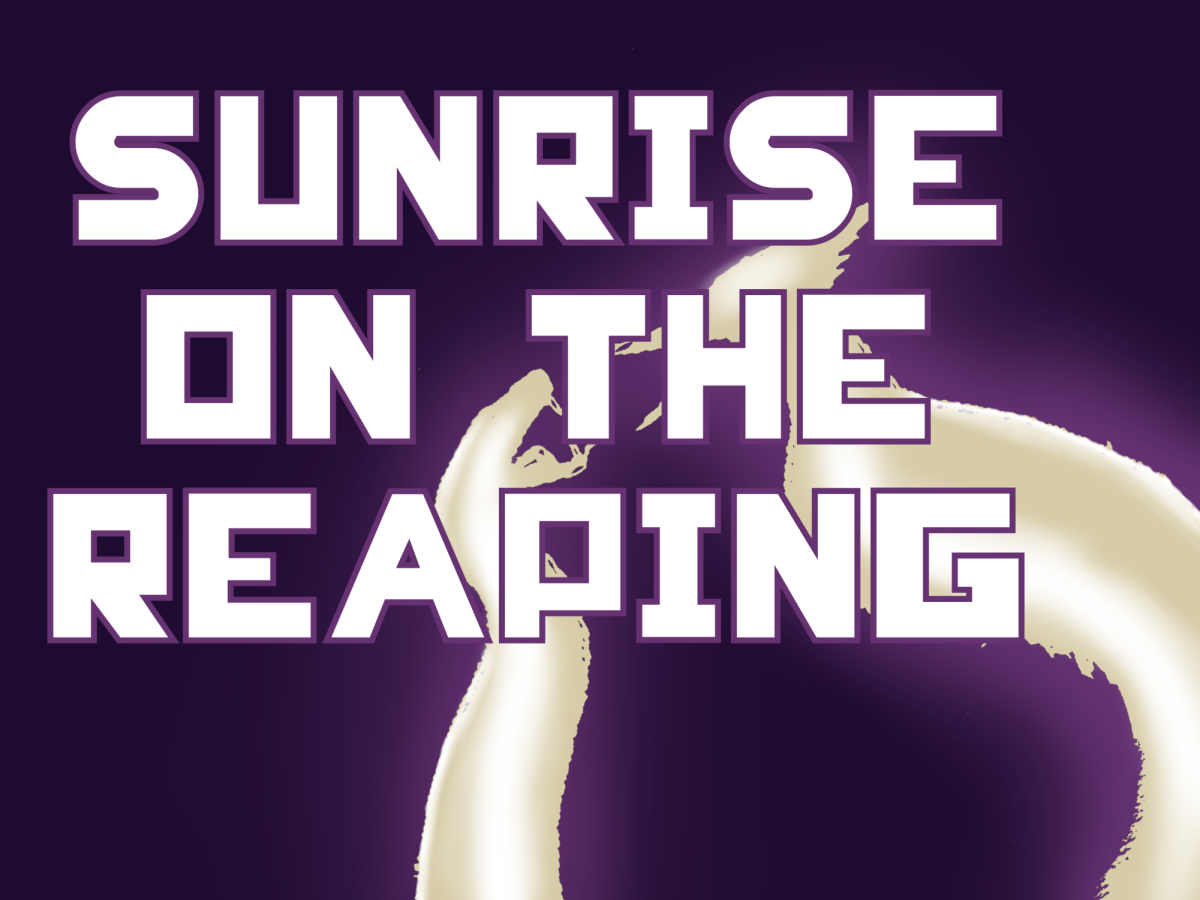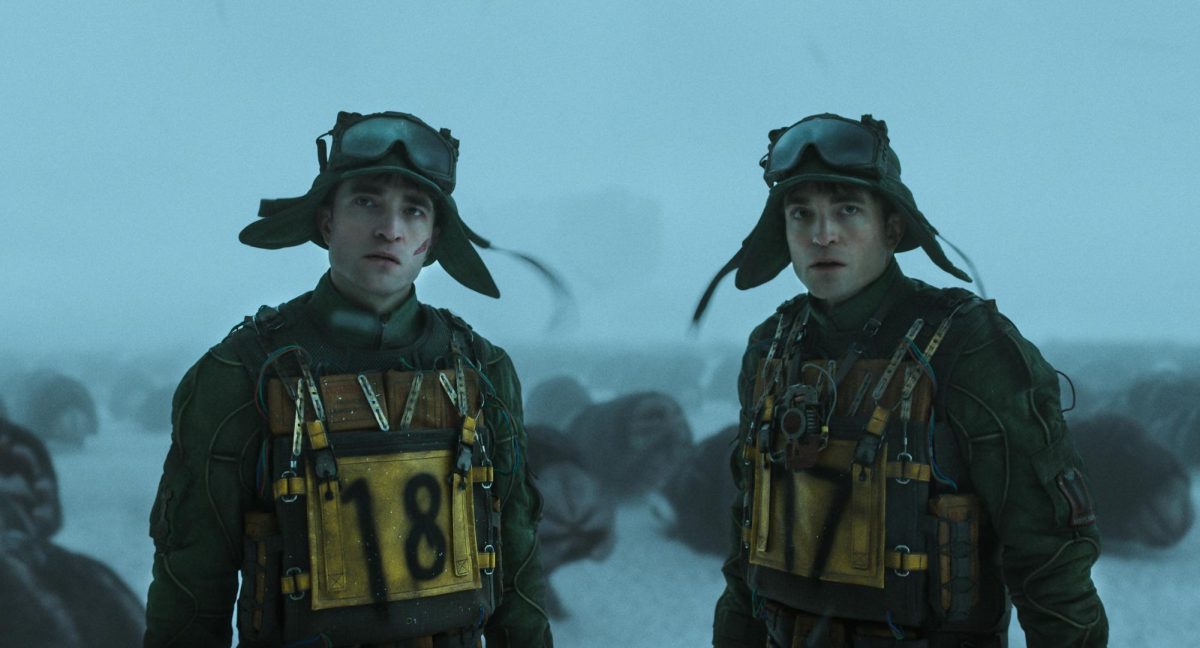
“What if life is just a collection of essentially unrelated experiences? Why does one thing have to follow meaningfully from another?” This quote comes from a new novel focusing on religion, human connection and existentialism.
Say goodbye to brat summer and say hello to thought daughter fall. Sally Rooney’s latest release is part of Rooney’s ongoing saga of literary fiction focusing on class and relationships, and “Intermezzo” is no exception. Her other published novels are, “Conversations with Friends,” “Normal People” and “Beautiful World, Where are You,” the first two landing astounding successes adapted into television shows.
In a multi-point perspective, the novel focuses on two brothers, Peter and Ivan, who have just dealt with the loss of their father to cancer. Their mother and father had been divorced years before his passing, and she is not actively involved in the lives of the brothers: living with her new husband and step-children.
Peter, in his 30s, is a lawyer who is involved in a relationship with two women, the first is Sylvia, his first love who he stays close to but not intimately due to an accident that has left her in chronic pain. Then there’s Naomi, a college student who sells explicit pictures online and who Peter begins to fall in love with. His brother Ivan, in his 20s, is a chess prodigy who has been stagnant professionally since his father’s passing. He is socially awkward and becomes romantically involved with an older woman, Margaret, after meeting at a chess event.
Margaret becomes a third point of view character after meeting Ivan. Her thoughts are more calm compared to Ivan, but certain parallels are drawn between them when they speak to each other. The other women in the novel, Sylvia and Naomi, do not get perspectives to show the genuine connection Ivan and Margaret have that Peter does not with the women in his life. Margaret has also lost her father and is estranged from her mother and siblings. Margaret serves as a bridge to mend the relationship of the brothers. Her relationship with Ivan allows him to grow into a better person while showing Peter that his brother has changed and not the socially awkward boy he remembers.
The novel is filled with grief and underlying cursory happiness. Rooney takes realistic and sometimes unlikable characters and analyzes their decisions and relationships on a microscopic level. While Rooney’s past books have focused on the complex dynamics of platonic and romantic relationships, “Intermezzo” at its core is the struggle of navigating an adult sibling relationship. After the loss of their father, the brothers struggle to connect to each other and the loss of the only family they have left. Peter self-medicates and toys with the women he keeps stringing along in his life, while Ivan explores his love for chess and a new woman, while miscommunicating the grief they both feel— missing each other at every turn. Instead of connecting to each other, they seek that desperate attention in their respective romantic relationships. The novel centers around the chronic loneliness adults feel as they start to lose important people in life and the importance of attempting to be there for each other.
With Rooney’s style of writing that includes no quotation marks in her dialogue, she continues to do the same in this novel. Writing in a different style than the rest, Rooney chooses to have multiple voices speaking. Peter’s point of view is made up of brief and fragmented phrases which varies from Ivan’s methodical introspective speech.
Sally Rooney’s latest is no different from her previous novels. “Intermezzo” is heart wrenching, complex and realistic. She weaves themes of mortality, desires, success and beliefs together to create a beautiful portrayal of human connection, no matter the type of relationship. The novel reads like a chess book and the push and pull game between the characters comes to a head with an “intermezzo.”




















